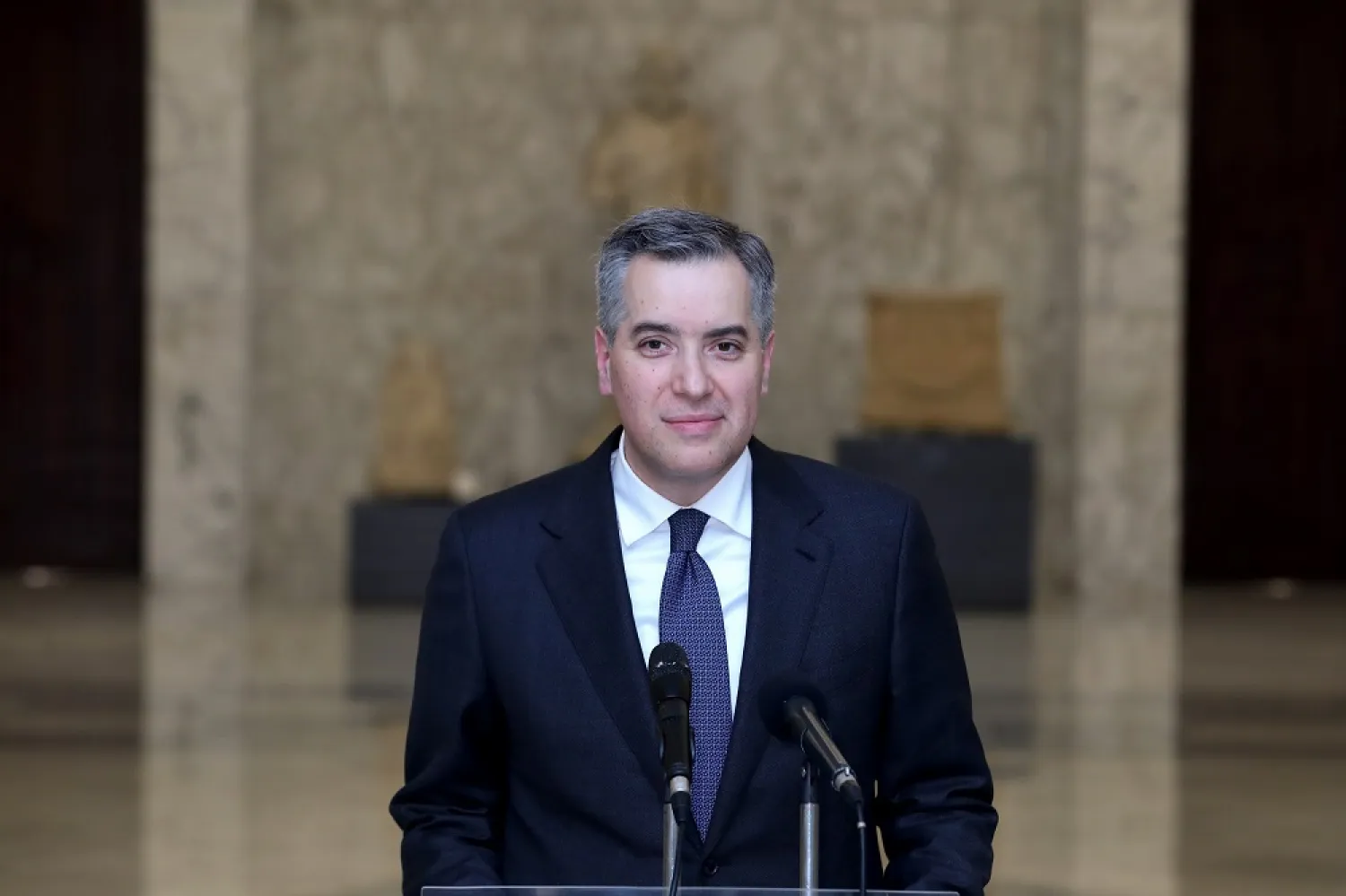Differences have emerged between Lebanese President Michel Aoun and Prime Minister-designate Mustapha Adib over the shape of the country’s new government. Adib is pushing for the formation of a 14-minister cabinet, while Aoun is leaning towards one comprised of 24 members.
Sources monitoring the PM-designate’s government formation efforts said he submitted to the president two draft lineups, each formed of 14 ministers. Both lineups do not include the name of ministers, but the distribution of portfolios according to sects.
Aoun, however, proposed the formation of a 24-minister government of comprised of experts who are backed by political forces. Each minister would take over one portfolio, which would help with the swift implementation of much-needed reform.
A 14-member cabinet, he said, would mean that a minister would take over more than one portfolio, which would slow down reform.
Political blocs that backed Adib’s nomination, significantly former premiers, support his push for the formation of a 14-member cabinet.
Their sources told Asharq Al-Awsat: “It is unacceptable for the establishment of a government similar to the caretaker one headed by Hassan Diab.” The only difference between the Diab and Adib government would be the ministers, but its identity will be the same.
The country is enduring a massive crisis and the opportunity is now available for it to catch its breath and steer it towards salvation, added the sources. The country must take advantage of the international support it is receiving after the devastating August 4 Beirut blast.
They stressed that they reject the formation of a “loose” 24-member government, and would rather see the establishment of a cabinet of experts and professionals. They acknowledged that the majority of Lebanese people are politicized or have political affiliations, but the new ministers should not belong directly or indirectly to political parties.
Moreover, they expressed concerns that the push for the formation of a 24-minister cabinet would be an attempt to improve the chances of MP Gebran Bassil of obtaining a portfolio.
The new government must not be seen as an opportunity “to improve the chances of this figure or that,” remarked the sources.
They explained that given the Christian Lebanese Forces and Kataeb party’s boycott of the government, that leaves the scene clear for Aoun and Bassil’s Free Patriotic Movement. With a 24-member government, Bassil would seek to occupy the 12 seats reserved for Christian figures, under the pretext of naming ministers from civil society.
Information obtain by Asharq Al-Awsat revealed that Bassil had proposed the idea of the rotation of cabinet portfolios in order to improve his chances of naming ministers. The portfolios would be subject to “negotiations and swaps”, which would indirectly boost his share in the cabinet.
The rotation of seats has been rejected by the “Shiite duo” of Hezbollah and Amal. They fear that proposal would impact the four sovereign portfolios (foreign affairs, interior, finance and defense) and their demand that the finance portfolio be retained by a Shiite figure.
The signature of the finance minister is necessary for decrees and decisions that require financial spending. Such decrees demand the signature of the president, who is always a Maronite Christian, and the prime minister, who is always a Sunni. By retaining the finance portfolio, the Shiite parties will enjoy representation in the executive authority.









